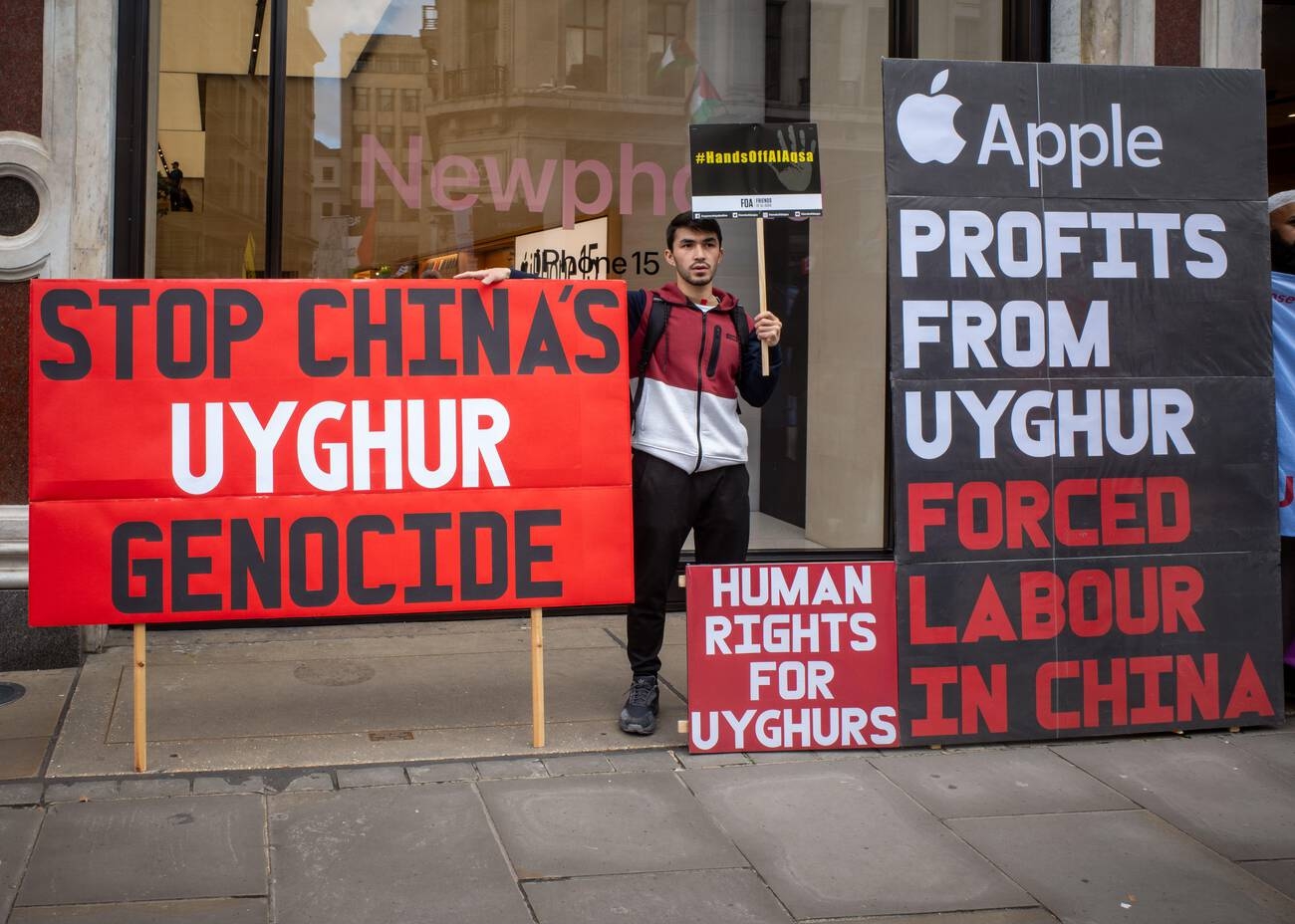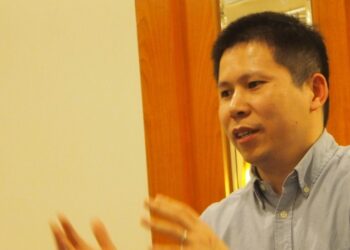Human Lives Human Rights: A vast cache of data hacked from police computer servers has revealed the extent of Beijing’s repression of Uighur Muslims in the country’s Xinjiang region.
Images from the leaked Xinjiang Police Files that have been seen by the BBC reportedly provide “significant new insights” into China’s use of so-called “re-education camps” and “formal prisons” as “systems of mass detention” targeting the minority group.
The documents also provide “the strongest evidence to date” of a policy targeting “almost any expression of Uyghur identity, culture or Islamic faith”, the broadcaster added – and of “a chain of command running all the way up to the Chinese leader, Xi Jinping”.
Who are the Uighurs?
Uighurs are a largely Muslim ethnic minority group based mainly in Xinjiang. They regard themselves as culturally and ethnically close to Central Asian nations.
In the early part of the 20th century, Xinjiang’s Uighurs briefly declared independence, but the region was brought under the complete control of communist China in 1949.
Why does China view them as a threat?
China claimed in 2014 that Uighur militants were waging a terror campaign for an independent state by planning bombings, sabotage and civic uprising. Beijing has insisted that strict security measures are needed to tackle religious extremism and terrorism, pointing to Europe’s problem with Islamic terror attacks in recent years.
In 2018, as the repression of the Uighurs began making headlines worldwide, a top official said that China was “trying to avoid the problems of radicalisation Europe had experienced”. Li Xiaojun, publicity director at the Bureau of Human Rights Affairs of the State Council Information Office, added: “Look at Belgium, look at Paris, look at some other European countries. You have failed.”
Foreign Minister Wang Yi insisted in 2019 that “the education and training centres in Xinjiang are schools that help people free themselves from extremism”.
What happens in the camps?
After long denying the existence of any internment camps, China was forced to admit to their existence in October 2018, after government documents, satellite imagery and testimonies from escaped detainees came to light.
Beijing said the camps were “vocational education centres” and that detainees learned subjects including Mandarin and Chinese law.
But according to human rights groups, former inmates have claimed prisoners are subjected to political indoctrination and abuse. One former detainee told AFP that he was forced to sing the Chinese national anthem and to eat pork, which is prohibited in Islam.
China has claimed repeatedly that most of the people sent to the mass detention centres have “returned to society”, a claim refuted by relatives of camp inmates.
And six Uyghur people living outside of China recently told The Telegraph that at least a dozen of their relatives and friends who had been released from the internment camps had then been re-detained for arbitrary reasons such as applying for passports.
The police documents leaked to the BBC contain more than 5,000 photographs of Uighurs taken between January and July 2018. Using “other accompanying data, at least 2,884 of them can be shown to have been detained”, the broadcaster said.
The detainees reportedly range in age from 15 to 73 and appear to have been arrested for “ordinary, outward signs of their Islamic faith or for visiting countries with majority Muslim populations”.
A “set of internal police protocols” in the documents also “describes the routine use of armed officers in all areas of the camps, the positioning of machine guns and sniper rifles in the watchtowers, and the existence of a shoot-to-kill policy for those trying to escape”.
A “number of speeches” from “high-ranking” Chinese Communist Party officials are among the files too, the BBC added.
A 2018 speech delivered by Public Security Minister Zhao Kezhi praised President Xi for his “important instructions” in the “construction of new facilities” and “an increase in funding for prisons” to reach a target of two million detainees.


















